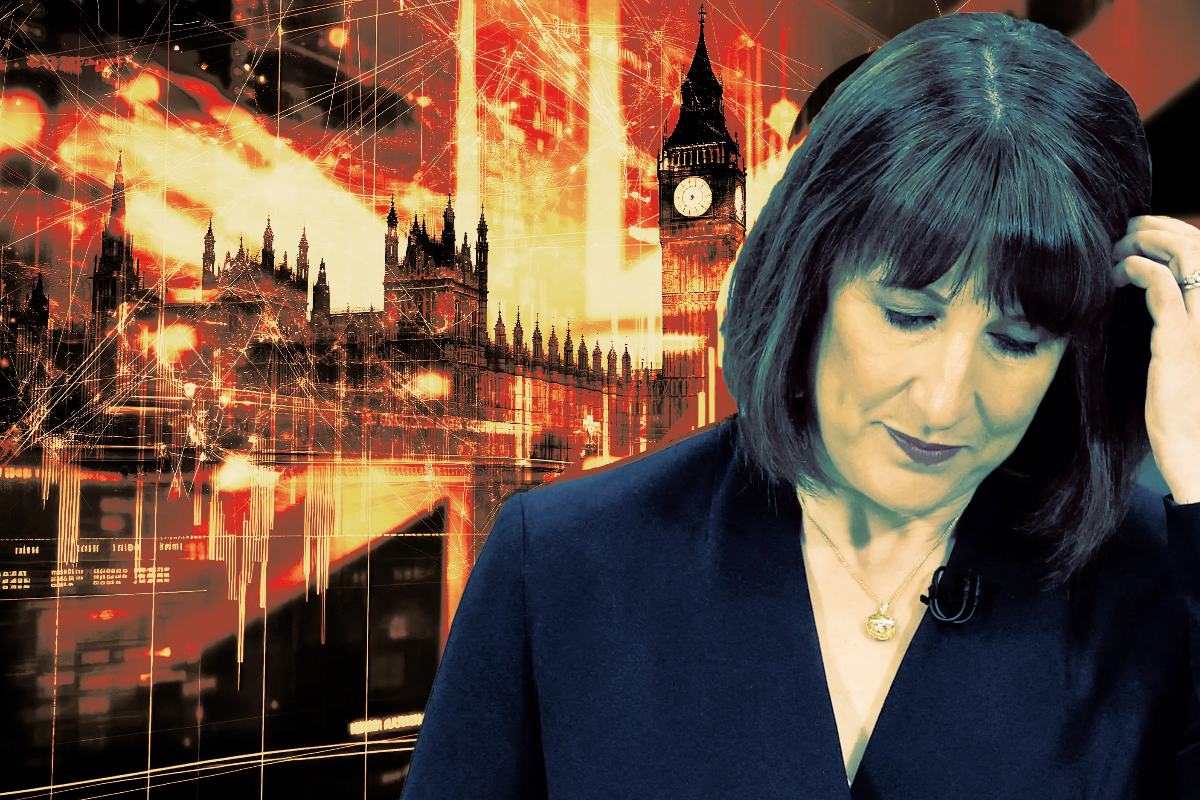By Ewen Stewart
Copyright cityam

Let’s be clear, staggering borrowing figures despite substantial tax rises are a direct result of excess spending, says Ewen Stewart
When numbers become big they start to lose meaning. The latest public sector borrowing numbers published by the ONS are big. But let’s make no mistake, borrowing £18bn in one month has very great meaning.
Despite very substantial tax rises Britain borrowed £18bn in August taking total net new borrowing for the year to date to £84bn, some £16bn greater than at this time last year. The OBR forecast deficit for the year is yet again likely to be a material underestimate with the UK likely to borrow around £160bn for the year if the current trajectory is maintained.
Let us be clear. This is a crisis of excess spending. As recently as 2019-20 public spending in the UK was £888bn. The OBR estimates spending will reach £1,347bn this year. That is an increase after inflation of over £200bn per year.
These are staggering sums and frankly the excess spending over the lockdown period has become embedded in the economy. The public sector accounted for roughly a third of GDP when Tony Blair became PM. It is 44 per cent today and growing.
Pandemic excess
Steadily excessive public spending and ever growing regulation has strangled private enterprise and we now find ourselves in an economy which is dominated by government action with an increasingly weak private sector. Is it any wonder growth has stalled and the UK’s relative position has declined so clearly?
The story of the last 25 years is one of tragedy. We had a functioning state, fairly low taxes by European standards making the UK stand out as the go-to place in Europe to do business. The UK had a strong national balance sheet with debt to GDP of just 28 per cent and a vibrant private sector.
The story of the last 25 years is one of tragedy
Today we have the highest taxes proportionately since 1948, a failing public sector which in many areas struggles to provide even a basic service and a mushrooming public debt close to 100 per cent of GDP. As a matter of record no European country, outside Greece, has seen such a deterioration of its public finances since 2000. To put these numbers in context, as the Millennium bells struck, public debt accumulated over the centuries stood at £322bn. In a short generation it has increased nine-fold to £2,909bn. Nine-fold.
The increase in the scale of debt really matters as it needs to be financed. Already debt interest payments account for around 12 per cent of total spending and rising. This is more than the education and defence budgets combined. This stresses the public finance further and risks longer term debt monetisation and subsequent inflationary pressures.
This problem has come about for multiple reasons but the idea there has been public sector austerity is manifestly untrue. The only austerity there has been is in the private sector. Reeves faces, partially from the mess she inherited but then subsequently compounded, a fiscal crisis. Her tax and spend has simply not worked and has crushed growth which is the elixir of strong public finances.
It is a matter of record that capital is flowing out of the country at the top end while highly qualified 20 something’s increasingly head to Dubai or other warmer climes. It is the 50th Anniversary of Arthur Laffer’s great curve. Today Britain has forgotten his lesson at huge cost. If Reeves chooses to tax yet more it might provide a very short term fix but all it will do is further weaken the edifice and destroy growth and prosperity further. To tax yet more will be counterproductive.
It clearly goes against the DNA of the Labour movement but an honest debate about the explosion in public sending is required.
If there’s to be any hope of economic recovery the UK needs to get a grip on the size of its state.
So precarious are our finances that tax cuts are clearly off the agenda for now. There is no quick fix but if Reeves does not come up with a granular line-by-line plan to curtail the growth in spending – and quickly – the decline will continue and ultimately services will deteriorate further as the wealth to pay for such provision is squeezed. This is a doom loop of despair.
Tax rises will make it worse. Once the public finances stabilise we must urgently then start the process of reversing these damaging tax rises to grow the economy which ultimately is the very bedrock of not just the state but more importantly a healthy society. Continuing as we are is delusional.
Ewen Stewart is director of the Institute of International Monetary Research, University of Buckingham



